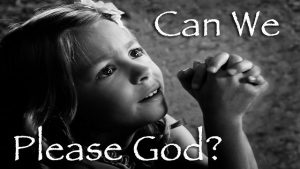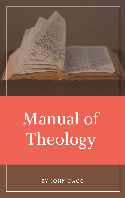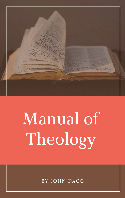Ads
Righteous men: The Righteousness of Noah, Daniel, and Job to deliver their own souls
 Righteous men: I want to make it very clear from the beginning that I do not believe that a man can “make himself righteous” before God. This making one’s self righteous in order to find or fabricate merit before God in relation to gaining salvation is simply a false doctrine.
Righteous men: I want to make it very clear from the beginning that I do not believe that a man can “make himself righteous” before God. This making one’s self righteous in order to find or fabricate merit before God in relation to gaining salvation is simply a false doctrine.
Having said that, once a person trusts God’s provision of a Savior, he is saved, and then the righteousness of a person becomes very real in the pleasing of God.
The argument of Ezekiel is keyed on “every man”, or each individual person.
Ezek 18:2 What mean ye, that ye use this proverb concerning the land of Israel, saying, The fathers have eaten sour grapes, and the children’s teeth are set on edge?
Israel was using this proverb that teaches that our lives are not predicated on what we are and what we do and what we decide, but everything in our situation is because of what others have done to make our life as it is (blameshifting). God answers this argument in Ezekiel.
While the entire nation of Israel had turned their back on God worshipping idols (similar situation to the flood), God pleads and warns that salvation and damnation are individual situations between a particular person and God. Verse 7, “For every one… which separateth himself… I the Lord will answer him by myself“.
Ezek 14:14 Though these three men, Noah, Daniel, and Job, were in it, they should deliver but their own souls by their righteousness, saith the Lord GOD.
Ezek 14:20 Though Noah, Daniel, and Job, were in it, as I live, saith the Lord GOD, they shall deliver neither son nor daughter; they shall but deliver their own souls by their righteousness.
Ezekiel uses the three examples here (Noah, Daniel, and Job) to teach Israel the value of individual piety before God. Ezekiel is not teaching a salvation by works, but that each individual has a responsibility before God, and according to how he acts, his eternal destiny will be set (saved or damned). This is a very common biblical teaching. This is directly against Calvinism’s teaching of election and predestination.
Example of Lot
2Pet 2:6 And turning the cities of Sodom and Gomorrha into ashes condemned them with an overthrow, making them an ensample unto those that after should live ungodly; 7 And delivered just Lot, vexed with the filthy conversation of the wicked: 8 (For that righteous man dwelling among them, in seeing and hearing, vexed his righteous soul from day to day with their unlawful deeds;)
Even though Lot has a bad example, God counts him among righteous men. He vexed his own righteous soul by allowing his own life to grow too accostumed to dwelling beside evil. There should have been some point in which Lot broke with those things. We see Abraham did very early, and Abraham is not condemned for living in a sinful city.

Dagg Manual of Theology is a theology work in 2 volumes by J.L. Dagg a Reformed Southern Baptist. It is an extensive, very ample presentation of doctrines.
This is an extensive Bible Systematic Theology (Bible Doctrines book) from a conservative point of view.
Read/Download: now with pdf download link. 50,000 views on this page with download link







